Digital concrete compression testing machine 2024
৳ 505,000.00
Best Digital concrete compression testing machine
has been designed to meet the need for a simple, economic and reliabl khan Trading Corporation is a digital compression testing Technical product.
Product Details:
Digital concrete compression testing machine 2000kn. And Model: STYE-2000
Dates Rating:★★★★
Model: STYE-2000:-
Specification:- Digital concrete compression testing machine:
Max. testing power: 2000kN Measuring range: 0-2000kN Relative indication
error: ±1% Testing power Precision:grade1
Size of the bearing plate: 320×260mm
Max. distance between the up and down bearing plates: 380mm
Max. piston stroke: 90mm
Rated pressure of the hydraulic pump: 40MPa Power: AC220V±10% or AC380±10%
Outside size: 950×400×1160mm Max. piston lift speed: 50mm/min. Piston free back speed: 20mm/min. Noise: ≤80Db
Best Digital Concrete Compression Testing Machine: Ensuring Structural Integrity
Best Digital concrete compression testing machine the world of construction, where safety and quality reign supreme, knowing the strength of concrete is paramount. This crucial information comes from digital concrete compression testing machines, sophisticated instruments that measure the compressive force a concrete specimen can withstand before succumbing to pressure. Let’s delve into the workings of these machines and their vital role in ensuring structural integrity.
What is a Digital Concrete Compression Testing Machine?
Digital concrete compression testing machine Imagine a robust frame housing a hydraulically powered piston that steadily applies pressure to a concrete specimen, typically a cube or cylinder. This is the essence of a digital concrete compression testing machine. As the piston crushes the specimen, the Digital concrete compression testing machine‘s digital sensors record the applied force and the specimen’s deformation until it finally breaks.
Opens in a new windowtheconstructor.org
Best Digital Concrete Compression Testing Machine
Key Components:
- Loading Frame: The sturdy steel frame houses the entire testing apparatus, ensuring stability and accuracy during the test.
- Hydraulic Pump and Cylinder: The pump generates hydraulic pressure, which the cylinder converts into a compressive force applied to the specimen.
- Digital Load Indicator: This displays the real-time force exerted on the specimen, often with high precision (up to 0.1%).
- Data Acquisition System: This system captures and stores test data, including force, deformation, and time, for further analysis and reporting.
- Control Panel: This panel allows the operator to initiate, control, and monitor the testing process.
Testing Standards and Procedures:
Best Digital concrete compression testing machines adhere to strict international standards like . These standards dictate specimen preparation, testing procedures, and data interpretation. The testing process typically involves:
- Specimen Preparation: Concrete cubes or cylinders are cast and cured under controlled conditions to ensure consistency.
- Calibration: The machine is calibrated using certified reference materials to ensure accurate measurements.
- Specimen Placement: The specimen is carefully positioned between the platens of the machine, ensuring proper alignment.
- Test Execution: The operator initiates the test, and the piston applies a steadily increasing force to the specimen.
- Data Acquisition: The machine records the force and deformation throughout the test until the specimen breaks.
- Analysis and Reporting: The test data is analyzed to determine the compressive strength of the concrete, which is then compared to specified standards.
Best Digital Concrete Testing Machines of Benefits :
Compared to traditional mechanical testing machines, digital versions offer several advantages:
- Accuracy and Precision: Digital sensors provide highly accurate and precise measurements of force and deformation.
- Data Acquisition and Analysis: Test data is automatically recorded and stored, simplifying analysis and report generation.
- Improved Efficiency: Automated testing procedures reduce operator workload and increase testing throughput.
- Enhanced Safety: Safety features like overload protection minimize risks during testing.
- Versatility: Some machines can test various materials beyond concrete, like bricks, blocks, and pipes.
Best Digital Concrete Testing Machines of Applications:
Digital concrete compression testing machines play a crucial role in various construction applications, including:
- Quality Control: Ensuring concrete meets specified strength requirements for buildings, bridges, and other structures.
- Material Research and Development: Studying the properties of different concrete mixes and additives.
- Forensic Investigations: Analyzing the cause of concrete failures in existing structures.
Choosing the Right Machine:
When selecting a digital concrete compression testing machine, consider factors like:
- Testing Capacity: Choose a machine with a capacity sufficient for the expected specimen strength.
- Standards Compliance: Ensure the machine meets relevant testing standards.
- Features and Options: Select features like automatic data recording, different specimen sizes, and software compatibility.
- Budget: Machines vary in price depending on capabilities and brands.
Conclusion:
Digital concrete compression testing machines are essential tools for ensuring the quality and structural integrity of concrete in construction. Their accuracy, efficiency, and versatility make them invaluable assets for engineers, contractors, and material scientists alike. By understanding their workings and applications, we can appreciate the vital role these machines play in creating safe and durable structures that stand the test of time.
Be the first to review “Digital concrete compression testing machine 2024”
You must be logged in to post a review.

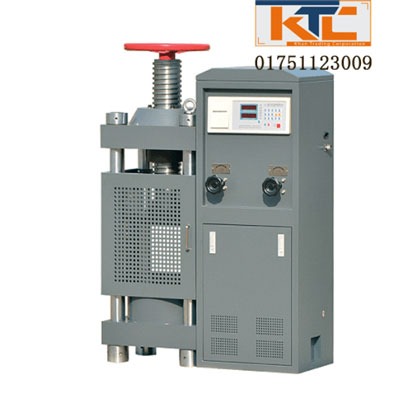

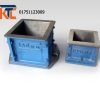

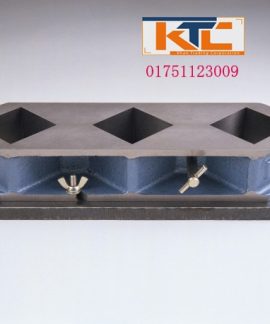
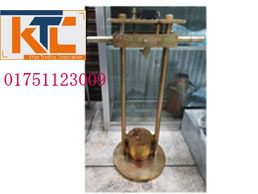
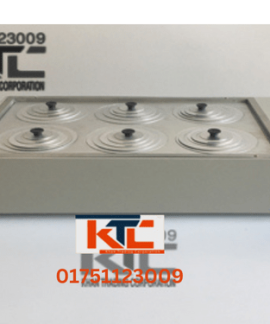

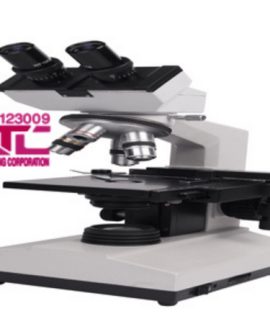
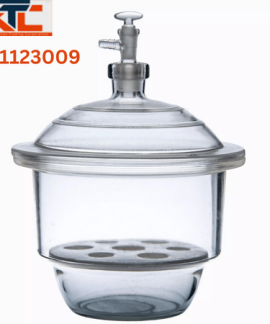
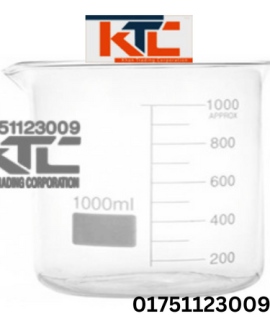
Reviews
There are no reviews yet.